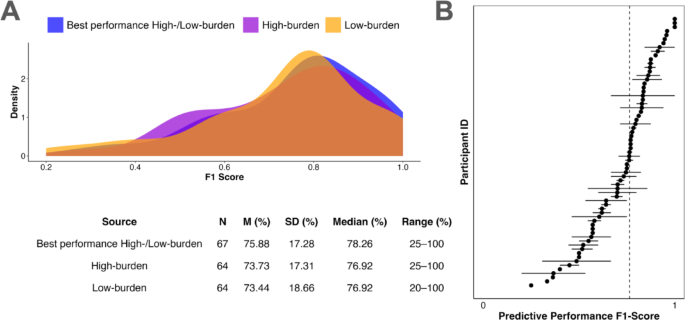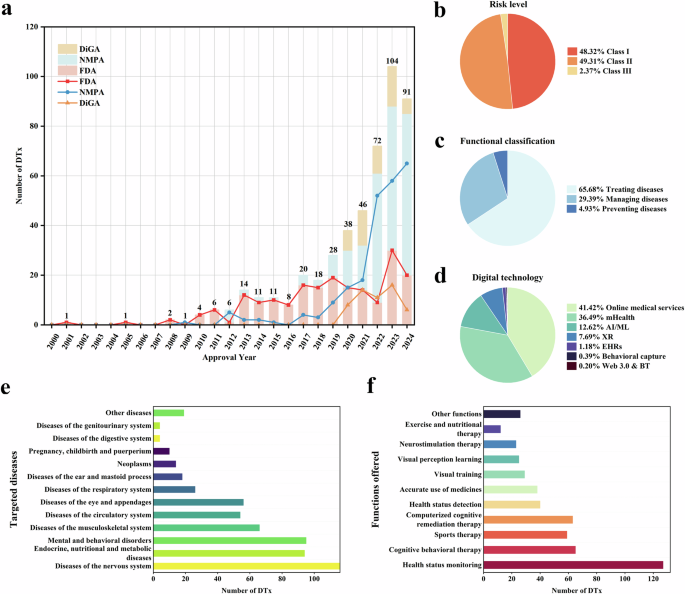The Complete Guide To Becoming A Diabetology or Endocrinology Doctor

The Role Of A Diabetology or Endocrinology Doctor
Endocrinologists diagnose, treat and manage disorders of the endocrine glands – adrenals, pancreas, pituitary, parathyroid, thyroid, ovaries and testis – and their associated hormones.
Diabetologists are endocrinologists who specialise and focus on the treatment of diabetes mellitus.
Endocrinologists and diabetologists work with all ages and can be involved in acute and general medicine inpatient care. Endocrinologists are involved in a variety of clinics such as pituitary clinics, thyroid clinics, oncology clinics, reproductive clinics and general endocrine clinics. In contrast, diabetologists typically see newly diagnosed patients with diabetes. This encompasses patients with type I diabetes, those with diabetic complications and gestational diabetes.
Endocrinologists mostly deal with outpatients but are occasionally involved with inpatients due to endocrinological emergencies (such as ketoacidosis and hypercalcaemia), to consult patients in hospital who have coexisting endocrine conditions or complications associated with their condition. They also follow up with patients’ pre and post-operative management.
Both of these specialists work within multi-disciplinary teams including nurses, dieticians, podiatrists, ophthalmologists, nephrologists, geneticists and oncologists (1).
The RCP 2014-2015 census showed that there are 833 endocrinology and diabetes consultants, 259 of them are female (2).
A career in endocrinology can involve continuity of care as patients often have long term conditions. Communication and attention to detail is key. Much like any medical speciality, teaching junior staff is routine. Specialists can also work with the public health sector to raise awareness of lifestyle changes to lower the risk of diabetes.
The future of endocrinology is exciting as more research is focussing on deepening the understanding of the physiology of the endocrine system. This can help shift the current management of endocrine conditions. Whereas currently lifelong symptom management is used in diseases such as hypothyroidism and type I diabetes, the future holds prospects of cure, negating the need for continuous treatment.
A Typical Week
A standard contract for a full time NHS consultant is 10 PAs (programmed activities) per week. This is typically divided into 7.5 PAs for direct patient care and 2.5 SPAs (supporting activities) which are tailored to each doctors’ interest.
PAs includes direct patient contact such as ward rounds and outpatient clinics. SPAs can include teaching, appraisal, audit and research.
Specialists usually work in endocrinology and diabetes but some choose to focus on one area. Since the majority of the work is outpatient based, specialists often have multiple outpatient clinics per day. MDT meetings, referrals, audits, journal reviews and research are typical in the working week.
An example of a typical day of an endocrinologist:
- 09:00-12:00 – Thyroid outpatient clinic
- 12:30-13:00 – Lunch
- 13:00-13:45 – Multi-disciplinary meeting
- 14:00-17:00 – Pituitary outpatient clinic
Normal working hours (9-5) apply to outpatient work however many endocrinologists and diabetologists also work in acute/general medicine within their trusts. This involves out-of-hours work with 65% of consultants being routinely on-call at the weekends (1).
The Route To Becoming An Endocrinologist/Diabetologist
Entry to endocrinology and diabetes mellitus is possible following the completion of CMT (Core Medical Training) or ACCS (Acute Care Common Stem). Both routes allow for entry to endocrinology but it should be noted the CMT route is 2 years while ACCS is 3 years. ACCS is commonly chosen by trainees interested in acute care in medical specialities.
Upon completion of core training, trainees sit the MRCP (Membership of the Royal College of Physicians) exam. Speciality training for endocrinology and diabetes mellitus is four years, following which trainees can sit the SCE (Speciality Certificate Examination) to gain their CCT (Certificate of Completion of Training).
In 2018, the competition ratios for endocrinology and diabetes mellitus were 150 applications for 104 ST3 posts, making the competition ratio 1.44 (3).
It is imperative to show interest when applying to specialities. At the student level, this can be done by participating in local university’s endocrinology societies and attending relevant conferences. At the trainee foundation level this can be done by attending endocrine and diabetes clinics and by being involved in audits and clinical research.
The Oxford Centre for Diabetes, Endocrinology and Metabolism (OCDEM) aims to produce world-class research that increases the current understanding of disease processes and their treatment.
Subspecialties
Subspecialties in endocrinology include:
-
Diabetes in pregnancy
-
Diabetic nephropathy/neuropathy and retinopathy
-
Thyroid disease
-
Pituitary and adrenal disease
-
Reproductive endocrinology
-
Neuroendocrine tumours
Research is readily available for interested endocrinologists and diabetes specialists. There is increasing focus on understanding the endocrine system/disorders at a level which allows potential curing of conditions as opposed to lifelong symptom management.
Earnings
NHS consultant salaries are the same for all specialties but vary between Scotland (highest), England, Northern Ireland, and Wales (lowest) and increase with service (up to 19 years). In 2020 the salary bands range from £77,779 to £109,849. Salaries can be further enhanced with NHS excellence awards.
As with any speciality, there is the potential to enhance NHS earnings via private practice. JRSM reported in 2008 that endocrinology and diabetes mellitus consultants earned on average 21% of their NHS income through private work.
This ratio is on-par with public health specialists and is higher than geriatrics 20% and palliative medicine 14% but is lower than renal medicine 24% and rheumatology 33% (4).
For more information on doctor’s salaries within the NHS, please feel free to review The Complete Guide to NHS Pay.
Resources
The Journal of Endocrinology focusses on endocrine physiology and contains research articles and scientific guidelines. The Journal of Molecular Endocrinology publishes research and reviews relating to the cellular and molecular elements of endocrinology. Endocrine-Related Cancer is a forum for new investigations for endocrine tumours and hormone cancers (5).
Related Job Sources With BMJ Careers
Other Complete Guides By BMJ Careers
References
-
Endocrinology and diabetes [Internet]. Health Careers. 2020 [cited 19 July 2020]. Available from: https://www.healthcareers.nhs.uk/explore-roles/doctors/roles-doctors/medicine/endocrinology-and-diabetes
-
2014–15 census (UK consultants and higher specialty trainees) [Internet]. RCP London. 2020 [cited 19 July 2020]. Available from: https://www.rcplondon.ac.uk/projects/outputs/2014-15-census-uk-consultants-and-higher-specialty-trainees
-
4. 2018 Competition Ratios [Internet]. 2020 [cited 19 July 2020]. Available from: https://specialtytraining.hee.nhs.uk/Portals/1/Content/Resource%20Bank/Competition%20Ratio%27s/Competition%20Ratios%202018.pdf
-
Morris S, Elliott B, Ma A, McConnachie A, Rice N, Skåtun D et al. Analysis of consultants’ NHS and private incomes in England in 2003/4. Journal of the Royal Society of Medicine. 2008;101(7):372-380.
-
Publications | Society for Endocrinology [Internet]. Endocrinology.org. 2020 [cited 20 July 2020]. Available from: https://www.endocrinology.org/publications/
link








